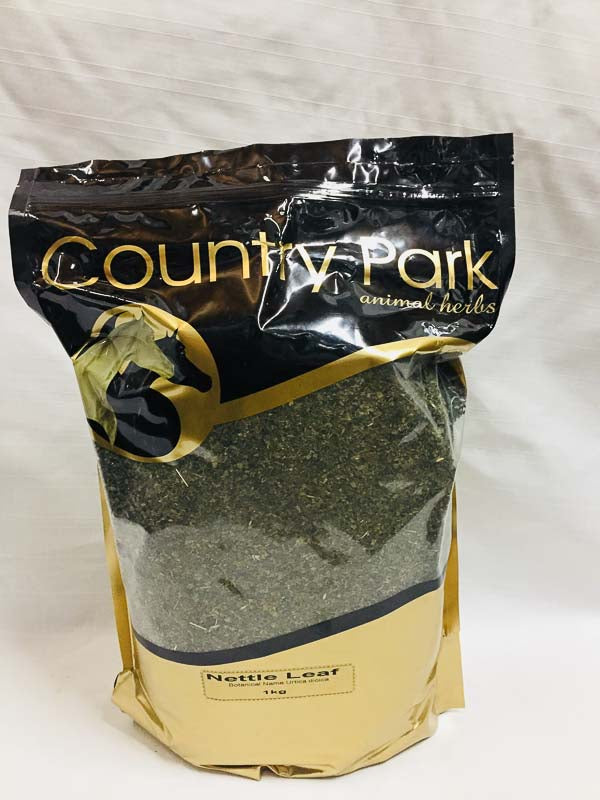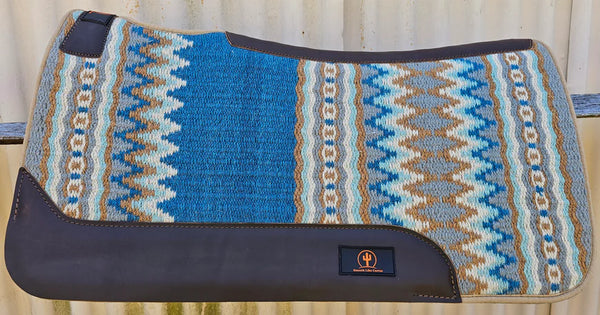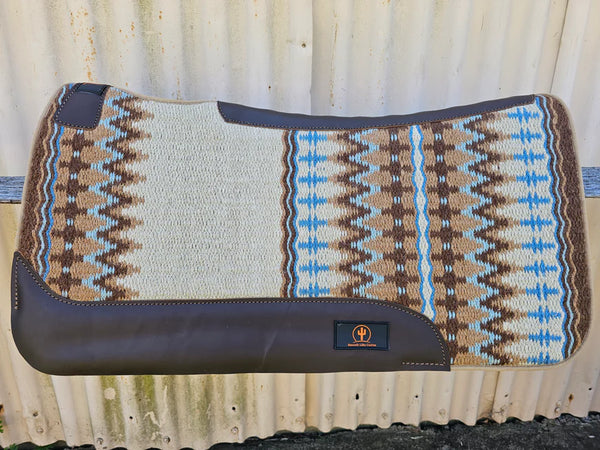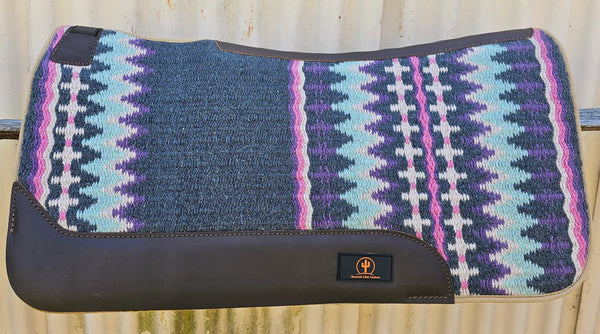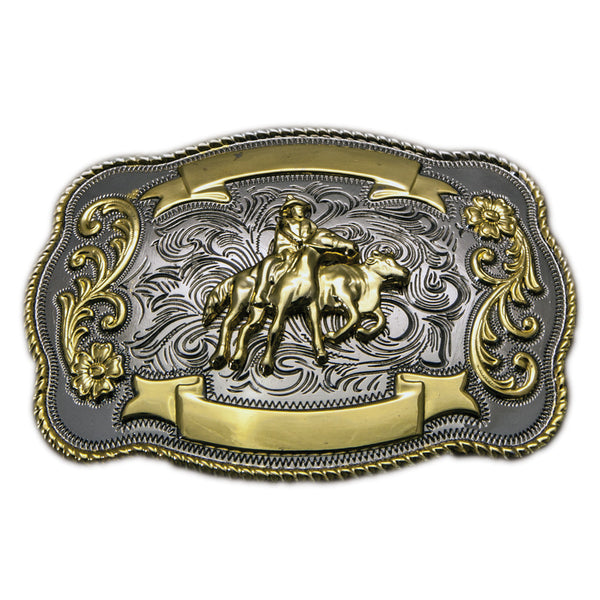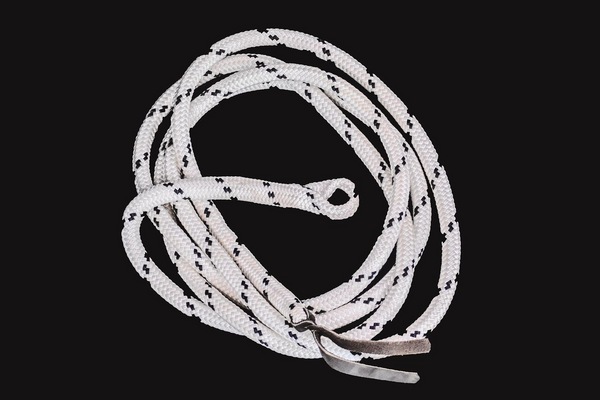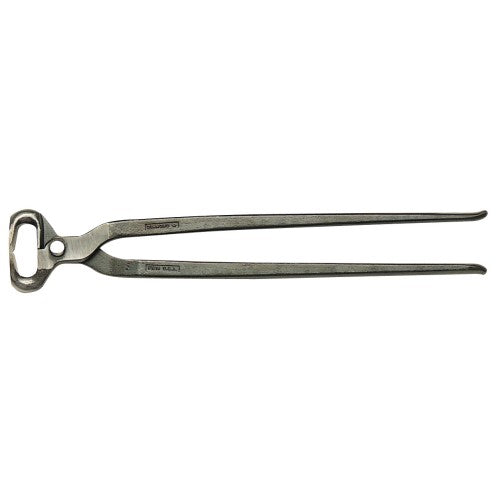Nettle is perhaps best known as a highly nutritious feed herb/fodder for animals, and has been used through the ages for this purpose, occasionally even cultivated en masse and mown to provide hay for milk cows. It is considered a spring tonic and detoxifier for human and animal alike. It is rich in chlorophyll, and is an excellent source of calcium, chromium, magnesium, zinc, cobalt, manganese, phosphorous, potassium, protein, riboflavin, selenium, silicon, thiamine, vitamin A, vitamin C and vitamin K. No wonder then that nettle is such an appetiser, and conditioning, restorative tonic for horses. It is reputed to enhance coat shine and dappling, and, interestingly, is a folk remedy for hair loss (perhaps based on its reputation for enhancing circulation).
Nettle is diuretic (increases urine production) and has been helpful in eliminating uric acid from the body and thereby relieving the symptoms of gout. It is also approved for treating and preventing kidney stones.
Nettle has been shown to have a number of anti-inflammatory constituents which act via more than one pathway in the body. This anti-inflammatory activity, hand-in-hand with nettles ability to reduce bleeding, has been applied to easing gastro-intestinal troubles, including inflammatory bowel disease.
Sufferers of arthritis (both osteo- and rheumatoid) have received significant benefit from using nettle. It can be taken internally or applied externally studies of both methods have shown relief of symptoms. Amazing results have also been seen when nettle is used as an adjunct to standard drug anti-inflammatory treatment.
Nettle has a centuries old reputation for relieving the symptoms of nasal and respiratory ailments such as bronchitis, asthma and allergic rhinitis, as well as skin conditions such as eczema.
Nettle is sometimes used (with other herbs) in the treatment of laminitic horses, usually on the basis of its stimulation of circulation and promotion of toxin elimination. Extra support for its use in treating/preventing this ailment may also come from animal studies that have indicated a hypoglycaemic effect of nettle animals treated with a nettle leaf extract had decreased blood sugar levels due to an increased production of insulin.
ACTIONS include: Leaf diuretic (increasing the flow of urine), nutritive, anti-allergic, astringent (constricts and firms membranes), styptic (stops blood flow when applied externally), galactogogue (promoting the production and flow of breast milk), hypoglycaemic, anti-diarrhoeal, anti-inflammatory, alterative (blood cleansing), stimulating to circulation, tonic.
CAUTION: Very occasionally a person or animal may develop a rash in response to ingesting nettle. If so, discontinue feeding it and seek the advice of a herbalist. A lower dose may be required for that individual, or possibly a complete elimination of nettle. Very occasionally gastro-intestinal symptoms may result from ingesting nettle root. It is generally considered a very safe herb.
While some authors advise caution on the use of nettle during pregnancy, others disagree and do not expect adverse effects.
Recommended dosage 1 Cup daily per 500KG Horses




